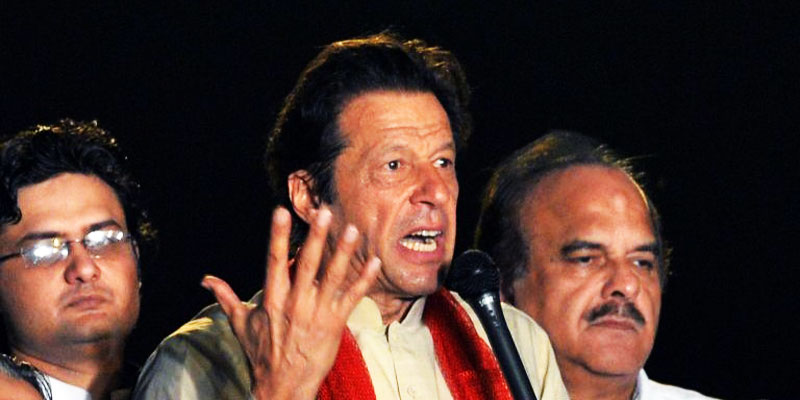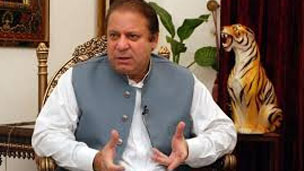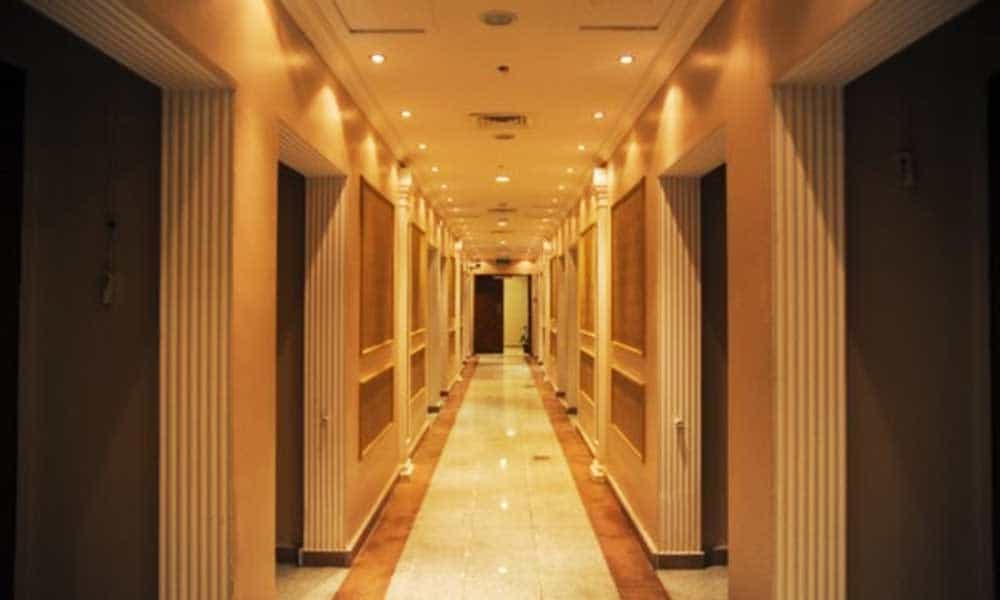The army is expected to retain a greater say in issues such as the country’s policy toward neighboring India or Afghanistan or the ongoing war against the Pakistani Taliban.
Destabilisation in Pakistan’s politics has become an essential feature of the state.
For much of Pakistan’s independent existence, an elected government has never been able to survive due to the meddling nature of its generals.
After series of protests led by the maverick politician and Tahreek-ek-Insaf chief Imran Khan, hundreds of people thronged the residence of Pakistani Prime Minister Nawaz Sharif demanding his resignation. One was killed and more than 300 people were injured as Pakistani police battled these protesters with tear gas, batons and rubber bullets outside the prime minister’s official residence and the adjacent parliament building.
Khan, who is a former cricketer, is almost dubbed as Pakistan’s Arvind Kejriwal.
He claims Sharif benefited from vote-rigging in the 2013 elections and wants the current government scrapped and new elections held. Qadri, meanwhile, who spends much of his time in Canada, has a devoted following at home that has embraced his call for a wholesale transformation of the nature of Pakistani democracy.
Although Khan’s popularity has declined, and the number of protestors is also waning, the protests have seemingly paralyzed the country’s politics. At the same time, the incidence is working deeply in favour of the ever hawkish Pakistani military and proving havoc for Sharif.
Since returning to power last year, Sharif has made efforts towards improving ties with India and punishing previous general Parvez Musharraf (who currently awaits trial).
The Pakistani military finds both offending.
First, there is ego which will be hurt of one of them is punished. Second, the military’s influence in Pakistan will decrease if India and Pakistan become normal neighbors. No wonder, India has been witnessing series of ceasefire violations for which Prime Minister Narendra Modi slammed the Sharif government.
Reportedly, in order to placate heated protests against his rule led by Khan, Sharif agreed this week to mediation by the army. Pakistan’s army chief, Raheel Sharif (who is not related to the prime minister), conducted meetings with the two main protest leaders – Khan and fiery preacher Tahirul Qadri.
In return for its intervention, the price that is seemingly being paid by Sharif to the military is large. According to reports, he has agreed to cede control of aspects of the country’s security and foreign policy to the military.
It is all a history-repeats-itself situation. In 1999, Sharif was ousted by Musharraf from his second term. Now he is willingly taking help of military which again is much more eager to show him the door and tell who is boss.
However, Sharif still commands a comfortable majority in parliament and decent levels of popular support as a prime minister. But, he appears defensive and isolated.
The army is expected to retain a greater say in issues such as the country’s policy toward neighboring India or Afghanistan or the ongoing war against the Pakistani Taliban. Also, it’s bad experience regarding country’s woeful energy shortages and the challenges facing its stagnant economy may also make it ignore a coup possibility.
But to anticipate a full military takeover is not completely out of picture.





